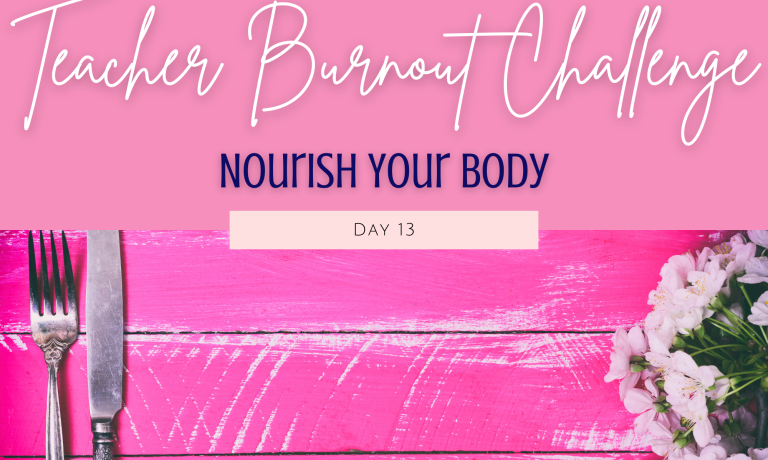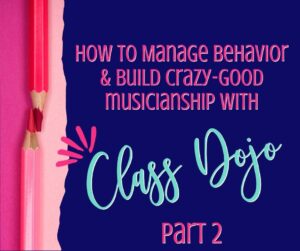It probably goes without saying that eating a nourishing diet is directly connected to our mental and physical wellbeing. I know this is true, but I too have struggled with food for much of my life. I do know, what we put into our bodies is used as fuel to propel us through each day and therefore the better the quality of our fuel, the better our stamina and overall ability to manage whatever comes at us.
Having said that, it is alarming that most people (myself included!) aren’t able to utilize the full potential of their diet as a tool. For some, such as those living in food deserts, acquiring nourishing food requires extra planning and resources. For others, like me, eating becomes a sensory escape from the stress of their lives – even to the point of the compulsive comfort-seeking seen in any number of other addictions.
When combating fatigue and recovering from burnout, your food choices are likely one of the easiest aspects of your life to take personal control over. When I was in therapy, my therapist often told me to find opportunities for power in my own life (things I can take charge of). Food is one of those things that gets fixed fastest when I’m in a positive mental headspace and the first thing that falls apart when I’m stressed or upset.
That being said, your diet choices don’t belong to anyone else but you. You don’t have to get permission to eat foods that nourish your body. You don’t need someone else to authorize you to buy fruits and veggies at the store or farmer’s market. In other words, while many of the changes you might make to reduce your stress involve other people, this is an area of life where you can make changes to your personal routine without needing anyone else to agree or participate.
Depending on your interest, there are any number of healthy eating styles to consider. Some of the most popular at the moment are:
- Keto diets
- Whole30 diets
- Mediterranean diets
- Vegan diets
- Vegetarian diets
There are also many companies that help plan meals and teach healthy eating habits (in addition to weight loss if that is your goal). Some of the most popular at the moment are:
- Weight Watchers
- TOPS
- NOOM
- Jenny Craig

Whether you get guidance from a company, a book, an app, a trusted friend or advisor, or other source, some things are universal:
Eating healthy is all about high quality foods, eaten in appropriate quantities throughout the day, to maximize your mood, mindset, and give you the energy you need to be at your best.
Eating well helps you avoid fatigue, and taking charge by changing your diet from bad to better is an excellent step towards recovering from burnout. Here are three Pro-Tips to make easy changes and eat for your health:
Don’t drink your calories- Cutting out calorie-laden drinks will decrease your overall caloric intake each day and likely reduce the amount of sugar you are consuming. Sugar may give you that initial rush of energy (which may feel helpful when you are fatigued), but it is a short-term rush that comes with a plummet in energy later – requiring you to take in more sugar to restore your energy again. Get your energy boost from whole foods, and your stamina will extend so that you won’t feel that crash mid-afternoon causing you to reach for that soda or high-calorie specialty drink.
Eat small meals, often- One of the most surprising discoveries reported by people who have committed to making healthful eating part of their lifestyle is the change in the amount of food they eat in a day. It is likely more than they have ever eaten before, and they are surprised that they can eat so much and still lose weight, maintain their weight, or just have the energy that lasts them all day. Healthy eating isn’t just about counting calories – it’s about counting the calories that count. Healthy foods tend to be less calorie-dense, which means you can eat more food volume for less, and the effects of high-quality foods tend to last longer in the body. Eating smaller meals more often throughout your day – usually 5-6 small meals daily – keeps your blood sugar stable, your body satisfied, and your energy levels equalized.

Shop the perimeter of the grocery store- If you want to eat healthfully, there is great news: you’re going to save time in the grocery store. Have you ever noticed that whole foods are arranged around the perimeter of the store? The departments of Produce, Meats, Dairy, and the Bakery form the four corners of most stores. This means you can plan your meals ahead of time, and avoid the center aisles that have the distracting and nutrient-empty foods on the shelves. Sure, you might have to make some planned dives into the center for some canned veggies or whole wheat pasta, but overall you can avoid many tempting empty-calorie foods by shopping the perimeter of the store.
Get to know your food allergies/intolerances– This one was a game changer for me. If you’ve never done an elimination diet before, you NEED to do it at least once. It will fascinate you how much you’ll learn about your own body. For me, I’ve dealt with digestive issues for much of my life. After an elimination diet, I figured out I’m very lactose intolerance and I need enzymes to digest onions/garlic. Instead of living in misery and not knowing why, an elimination diet helped me understand myself more.
Healthy eating is a great first step in reducing fatigue and bringing yourself back from burnout. Making wise food choices, eating well throughout the day, and keeping your healthy food options front-and-center is something you can control for yourself – which feels great when the rest of your life doesn’t feel perfect. When your life feels out of control, treating your body with care by eating nourishing foods (and foods that agree with you) will in a small way help put you back in the driver’s seat of your own life.





